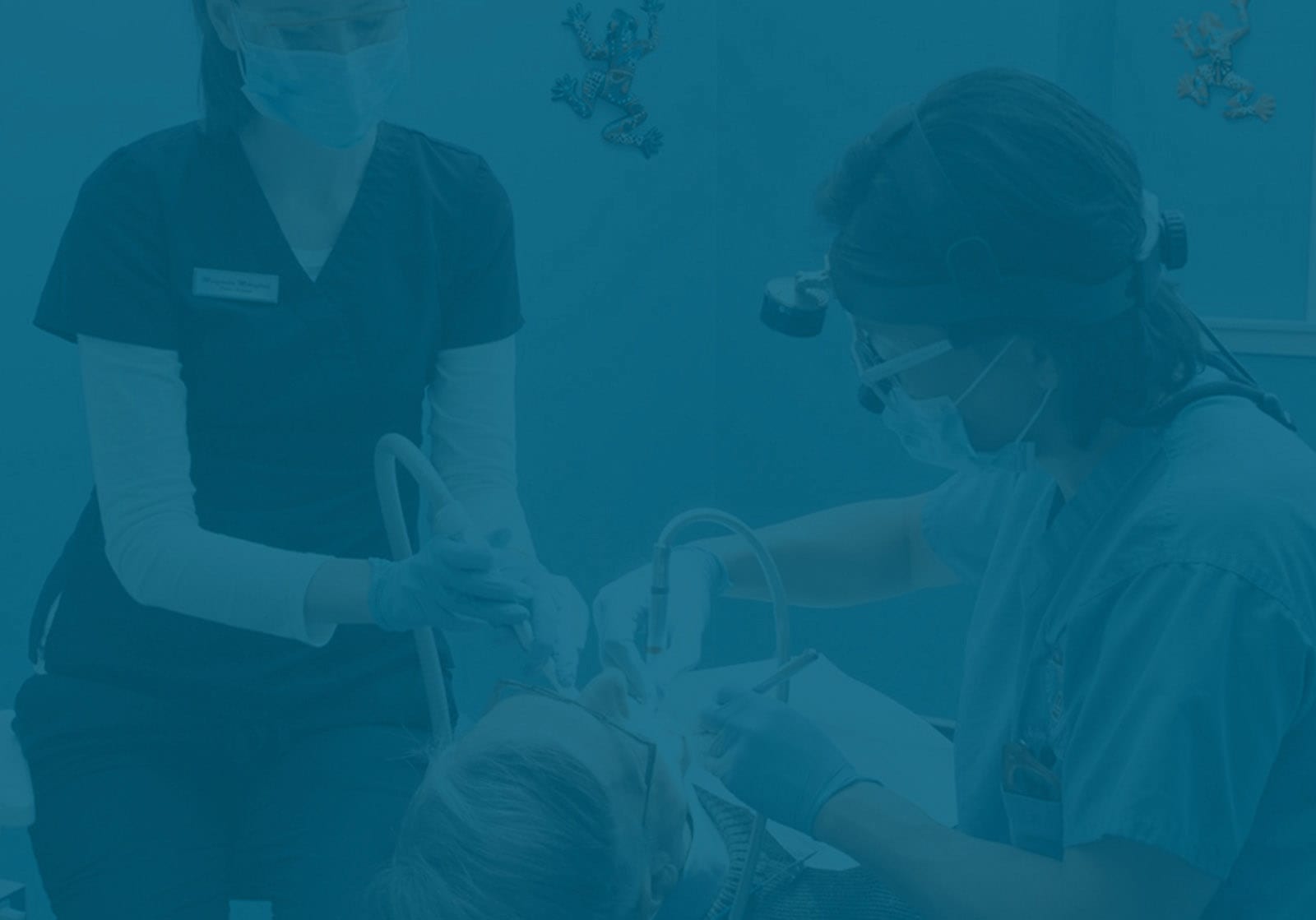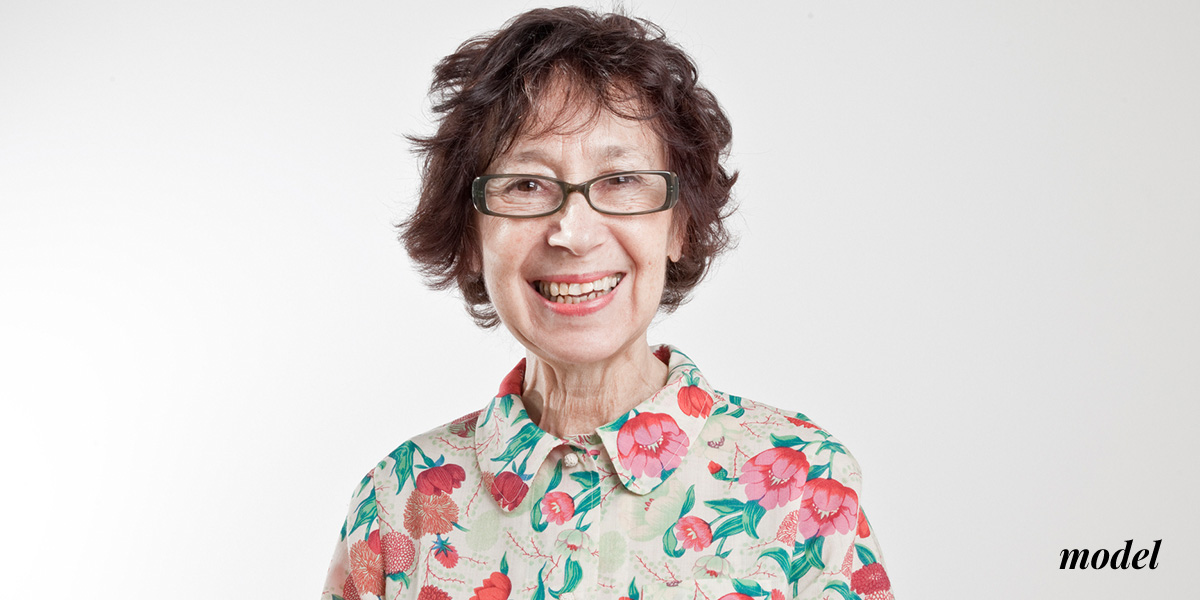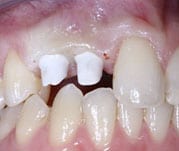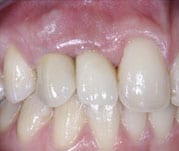
As a board-certified oral surgeon, Dr. Chang has the ability to use the full array of anesthesia available for oral surgery procedures, and that includes IV sedation and general anesthesia. When you visit his office for oral surgery, you will know ahead of time what type of anesthesia you will receive, and how you should prepare.
Many of Dr. Chang’s patients often ask whether or not they’ll need a ride to and from their oral surgery appointment and when it will be okay for them to get back behind the wheel. Your safety is his top priority, so we’ll cover this topic in more detail below.
Driving Home After Oral Surgery
Determining whether or not you can drive home after your oral surgery procedure will depend on a variety of factors, including the type of surgery you had performed, the type of anesthesia used, and your general health and age.
Each patient will have an individualized treatment plan that will entail your type of anesthesia and what precautions you should take before and after your oral surgery. In most cases, Dr. Chang requires his patients to have a designated driver bring them to their oral surgery appointment, wait in the waiting room during the procedure, and be prepared to drive them safely home afterward.
On the rare occurrence that your oral surgery only requires local anesthesia, you may be cleared to drive yourself home once Dr. Chang has completed your surgery.
Why You Should Not Drive After Receiving Anesthesia for Oral Surgery
As with any medical procedure for which you receive general anesthesia, there are many different reasons why you should not drive immediately following your oral surgery, those include:
- Your range of motion will be limited
- Your strength will be weakened
- Your reflexes will be decreased
- You will have reduced grip strength
- Your vision will be impaired
Driving After Your Anesthesia Has Worn Off
After your designated driver has gotten you home safely following your oral surgery procedure, you’ll still need to lay low before you get behind the wheel again. As we mentioned, most oral surgeries require stronger anesthesia, such as IV sedation and general anesthesia. With these types of sedation, you will need to wait a full 24 hours before you drive around again on your own. If you don’t, and you get in an accident, you could be charged with driving under the influence.
To be safe and to protect yourself in the day or two following your oral surgery, be sure to enlist the help of a friend or family member to remain with you. This way, you will have someone you know and trust nearby to take care of any driving you need.
Call Dental Restorative Group with any Questions
No matter the question, Dr. Chang and his team are here to help you through your oral surgery treatment every step of the way. If you have any questions regarding when you can drive after receiving anesthesia, don’t hesitate to call Dr. Chang at (617) 489-1470 today!






